
04 May 2024

Exergo
Departing from peripheral details of some paintings of the Bilbao Fine Arts Museum, a female narrator unravels several stories related to the economic, social and psychological conditions of past and current artists.
A documentary, filmed entirely in the Basque Country, about Basque mythology and the ancestral beliefs of its people. Created by writer Toti Martínez de Lezea and anthropologist Anuntxi Arana, Amari immerses us in a world of legends full of supernatural beings that formed and continue to form part of the Basque people's imagination.

04 May 2024

Departing from peripheral details of some paintings of the Bilbao Fine Arts Museum, a female narrator unravels several stories related to the economic, social and psychological conditions of past and current artists.

03 Oct 2003

An attempt to create a bridge between the different political positions that coexist, sometimes violently, in the Basque Country, in northern Spain.
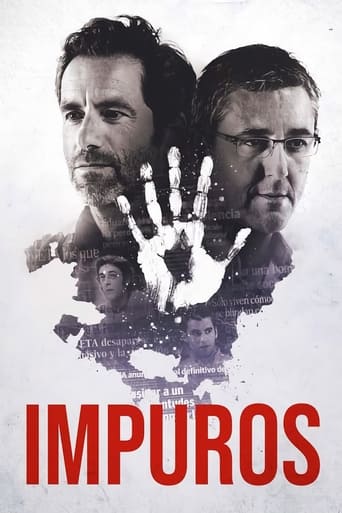
29 Oct 2021

At just 17 years old, Eduardo Madina and Borja Semper decided to enter politics to defend freedom of thought in the Basque Country. This made them a target of the ETA terrorist group for almost two decades.

28 Sep 1979

Spain, 1973. Dictator Francisco Franco has ruled the country since 1939 with an iron fist; but he is now a very old and sick man. The future of the weakened regime is in danger. Admiral Carrero Blanco is his natural successor. The Basque terrorist gang ETA decides that he must die to prevent the dictatorship from continuing.
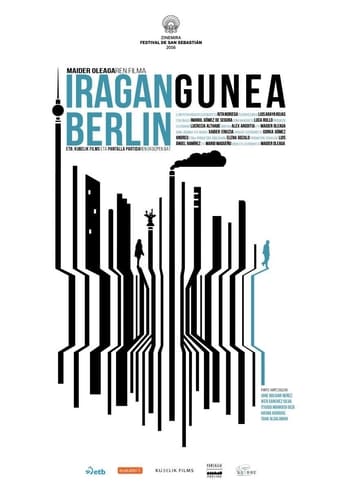
18 Sep 2016

The film follows five people from different origins as they move anonymously around the streets of Berlin. Each of them with another life somewhere else, trying to ascertain where to go.
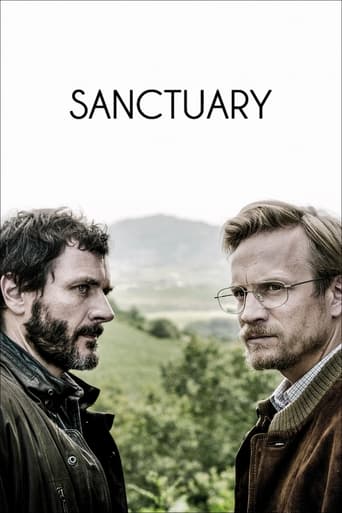
21 Jan 2015

In the mid-1980s, the GAL, a Spanish paramilitary group, pursues and assassinates members of the terrorist gang ETA who have taken refuge in the sanctuary they have created in the south of France. Grégoire Fortin, advisor to the French Minister of Justice, and Domingo 'Txomin' Iturbe, leader of ETA, are forced to negotiate in order to find a solution to the violence that plagues the region.
09 Feb 2010
In a temple in Thailand, an order of Buddhist monks are performing a ceremony for people who headed there to get re-incarnated. There, we meet Tarn, a young Thai woman who lived in the Basque Country some years ago and who is still fascinated with that region, food and culture.
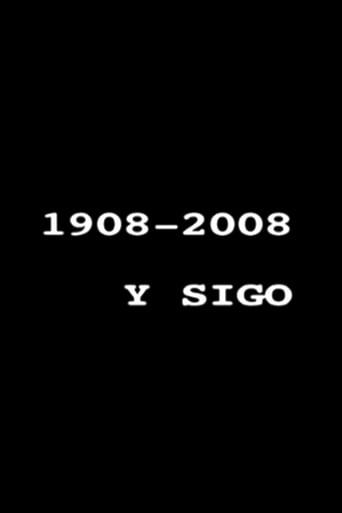
15 Apr 2011

Through interviews with different people linked to the work and life of the Basque sculptor Jorge Oteiza (1908-2003), this documentary aims to unravel fundamental aspects of his work.
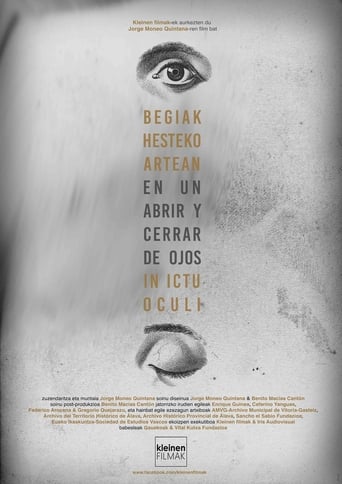
29 Oct 2020

The six-decade transformation of a block of houses, shown by means of artfully featured archival shots, highlights the beauty and sadness of human-made decay. In the blink of an eye 66 years pass by and a savings bank replaces a church.

01 May 2019

Vitoria, Basque Country, Spain, March 3, 1976. After several months of protests demanding decent working conditions, a general strike is called. Thousands of workers gather at the church of San Francisco while a hundred heavily armed policemen wait to act.

16 Apr 2021

In the north of the Iberian Peninsula, we find two regions that will provide us with great moments. These are the Basque Country and Navarre, two territories that are home to a high percentage of Europe's biodiversity. At Natura Bizia, we will reveal the best-preserved corners, the most spectacular biodiversity, and animal fauna in its wildest state. Vertical cliffs, an endless sea, magical forests, and enormous limestone mountains will provide us with unforgettable experiences. We will swim among the largest cetaceans on the planet, enjoy the first steps of the brown bear after its winter hibernation, witness the daily struggle of wolves to conquer new territory, and fly alongside the most powerful of our eagles.
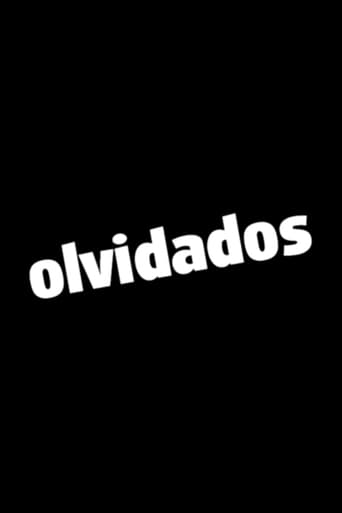
01 Jan 2004

The relatives of the victims of the terrorist gang ETA speak of their suffering, their fear, their loneliness; of the systematic oblivion to which they are subjected by Basque society, both by those who remain silent and look the other way and by those who, accomplices of the criminals, share their repugnant ideology and celebrate extortion, kidnapping and murder, thus contributing to perpetuating a bloody reign of terror.

05 Aug 1979

The first film of the 'Ikuska' series, on the situation of schools in Basque language.
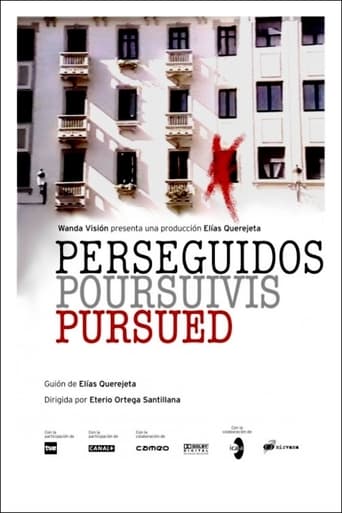
04 Sep 2004

Basque Country, Spain. No one seems to know them. Some glances avoid theirs. Their social circle becomes smaller and smaller. They live under escort, watched by those who protect them and by those who threaten them: it is the experience of living in the shadow of ETA, a savage terrorist gang of unscrupulous criminals… of merely existing under the yoke of those who tomorrow could be their executioners.
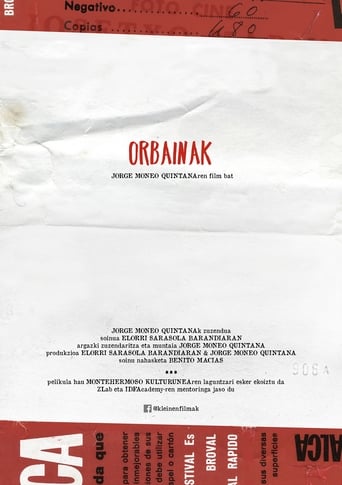
12 Mar 2019

The personal stories lived by the Uncle, the Father and the Son, respectively, form a tragic experience that is drawn along a line in time. This line is comparable to a crease in the pages of the family album, but also to a crack in the walls of the paternal house. It resembles the open wound created when drilling into a mountain, but also a scar in the collective imaginary of a society, where the idea of salvation finds its tragic destiny in the political struggle. What is at the end of that line? Will old war songs be enough to circumvent that destiny?
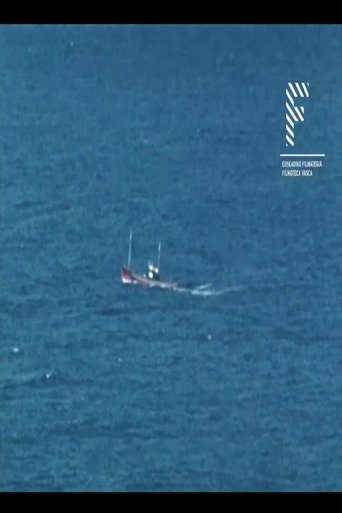
01 Jan 1962

The film starts in Bermeo and ends in Gernika. A magical trip taking us from the scent of salt air and the fishing atmosphere of Bermeo port to the roots of the Tree of Gernika.
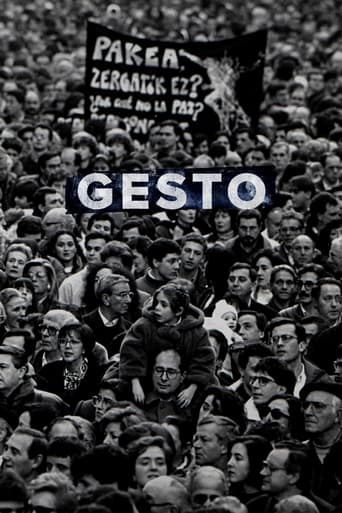
12 Nov 2022

The history of the citizens' movement that for thirty years worked hard to overcome fear, fight hatred and eradicate the violence exercised by the savage terrorist gang ETA, both in the Basque Country and in the rest of Spain.
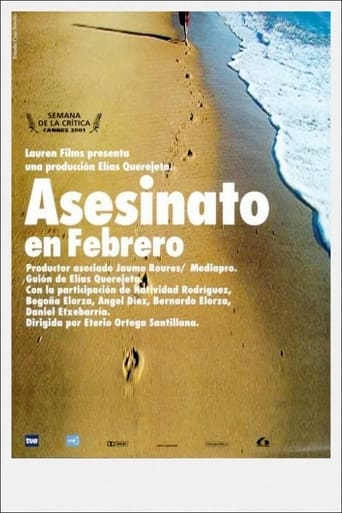
25 May 2001

A reflection on the assassinations of social democrat politician Fernando Buesa Blanco and his bodyguard Jorge Díez Elorza, perpetrated by the terrorist gang ETA in Vitoria-Gasteiz, Basque Country, Spain, on February 22, 2000.
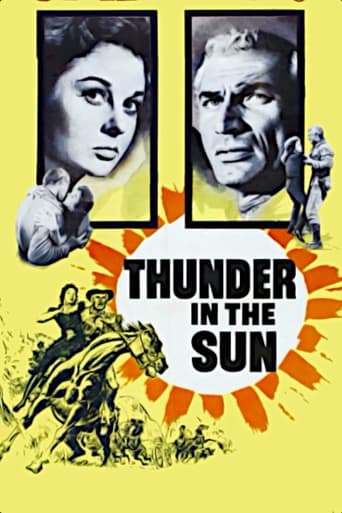
08 Apr 1959

A band of Basque immigrants treks through the Old West toward California, where they hope to put down roots and open wineries. When the group's leader dies, his widow Gabrielle marries his brother in accordance with Basque tradition. But it's a loveless union; Gabrielle is smitten with Lon Bennett, the scout who's been hired to guide them on their journey.
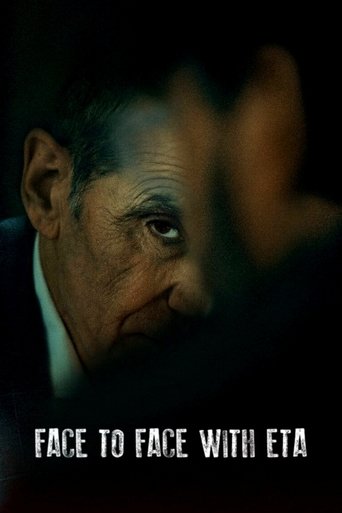
22 Sep 2023

An in-depth interview with José Antonio Urrutikoetxea, known as Josu Ternera, one of the most relevant leaders of the terrorist gang ETA.